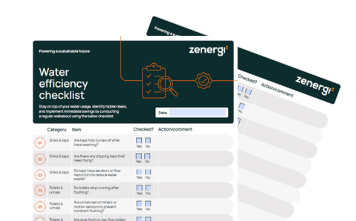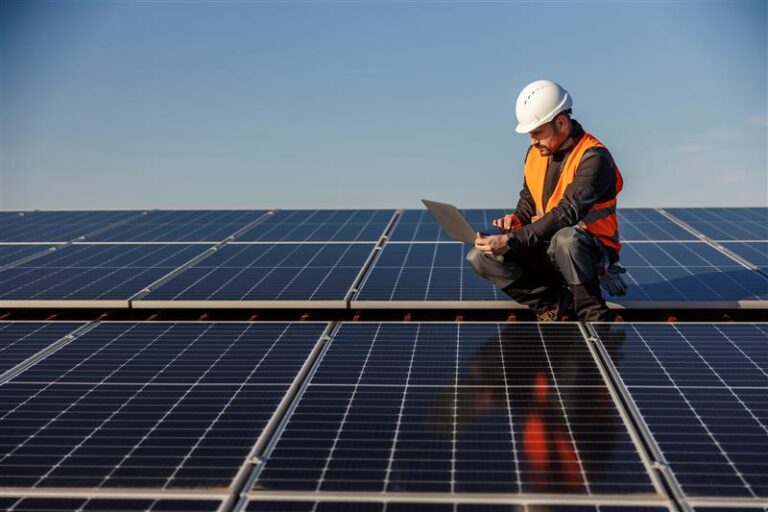Engaging your staff and pupils in simple energy saving measures can make a surprising difference. Illustrating the impact of energy savings in relatable terms, such as funding a school trip or additional resources, can be very impactful and highly motivating.
Simple actions, such as ensuring technology is switched off and not left on standby, closing doors and windows and not heating excessively can offer savings of 5-10%.
Energy awareness training is highly beneficial, and conducting it annually helps reinforce good habits, ensuring that energy efficiency becomes deeply embedded in your school’s culture, rather than a short-term focus.
By implementing these strategies, independent schools can better protect their budgets, ensuring they remain financially resilient in the face of new taxation rules and other financial pressures.




















